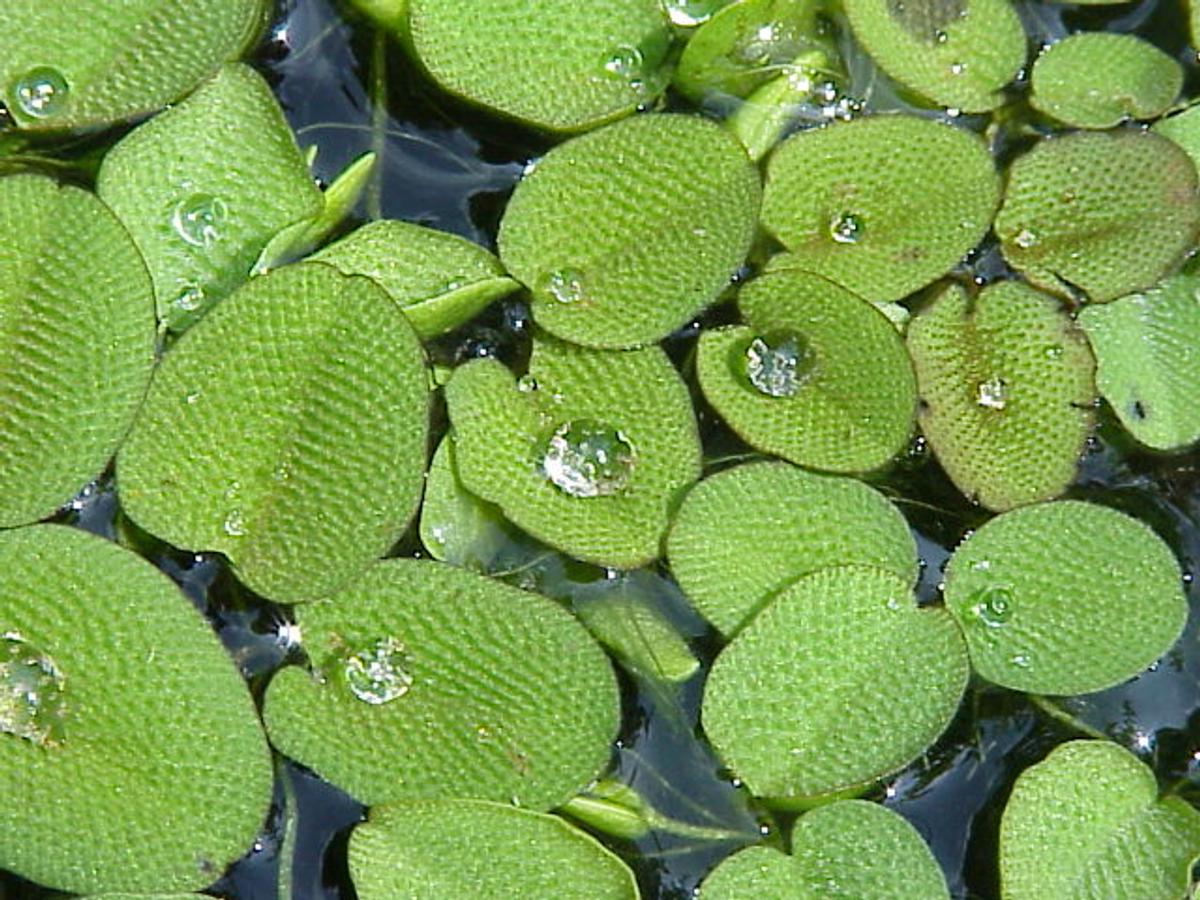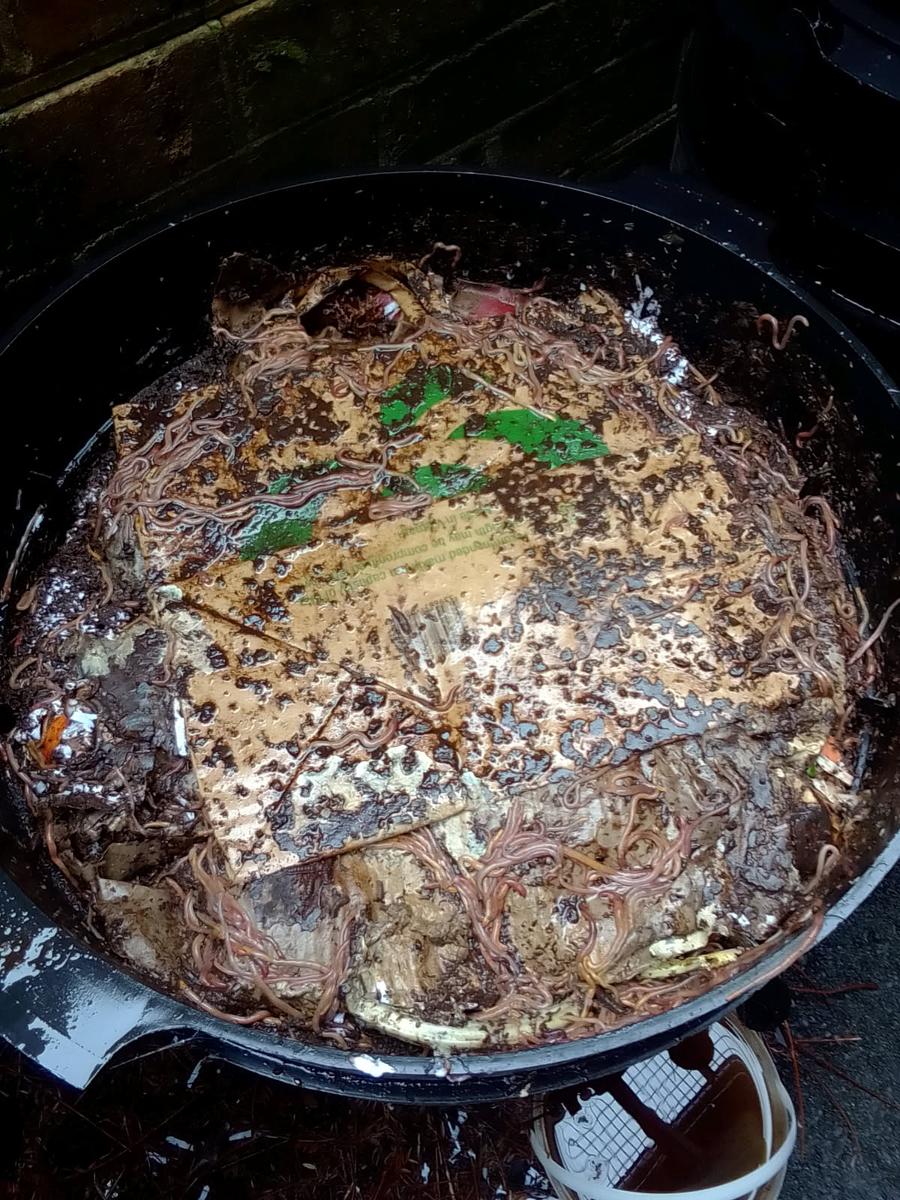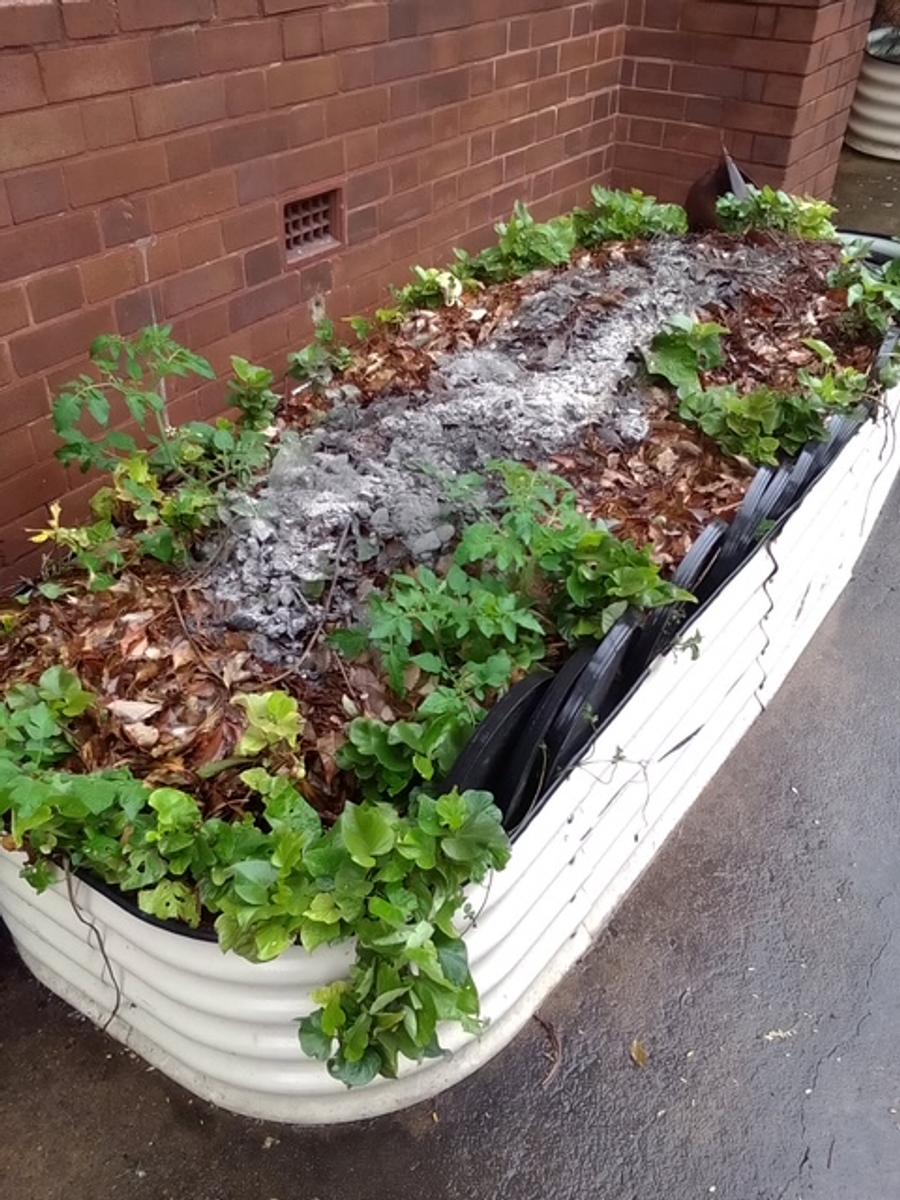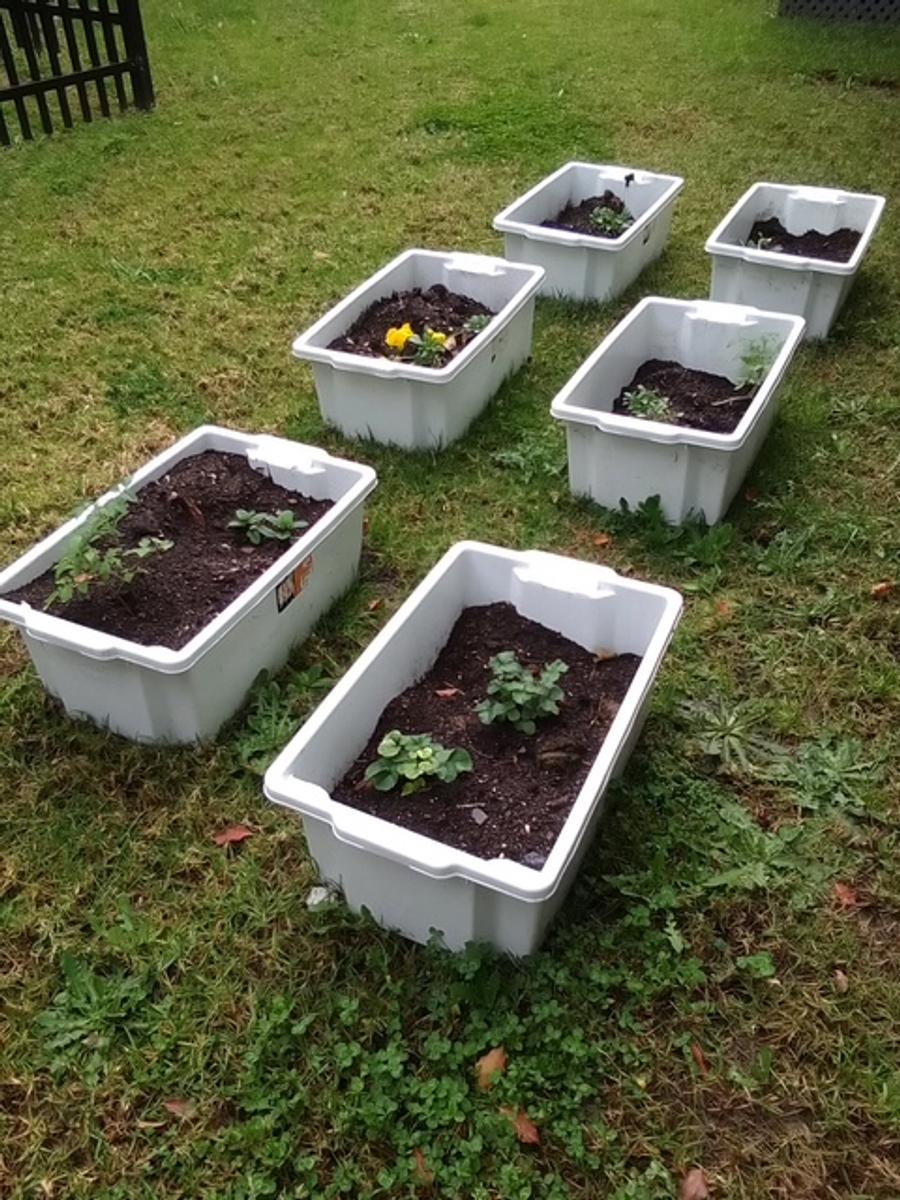Garden Club
Mr Jorgen Choong

Garden Club
Mr Jorgen Choong
This weeks plant is Salvinia, also known as Floating Water moss! This attractive aquatic fern boasts velvety leaves that float on the waters surface, bringing a lush green beauty to ponds, water gardens, and aquariums. It is wonderfully low maintenance, thriving in still to slow-moving water with bright, indirect light and can be easily thinned if it spreads too much. Beyond its charm, Salvinia is a powerhouse for your ecosystem: it naturally filters excess nutrients from the water, reducing algae and improving clarity, while also providing vital shelter for aquatic life and shading the water to keep it cool. It is an easy-to-propagate, beneficial, and beautiful addition to any water feature.


While we often associate healthy garden soil with moisture, there's a common misconception that earthworms can live indefinitely in water – a belief that unfortunately isn't true. Despite thriving in damp environments, earthworms breath through their skin, absorbing oxygen directly from the air in the soil. When soil becomes waterlogged or an earthworm finds itself submerged in water for too long, it can't get the oxygen it needs. Much like land animals, earthworms will essentially drown and perish in prolonged submersion. This is why you often see them surfacing after heavy rain; they're trying to escape the waterlogged soil to find air and prevent suffocation.


You might think plants always need soil to grow, but surprisingly, they don't! You can grow plants using only water and special plant food (fertilizer). This method is called hydroponics. Instead of getting their food from dirt, the plants get all the nutrients they need directly from the water that has the fertilizer mixed in. This way of growing can make plants grow faster and use less water than traditional gardening. While you do need to keep an eye on the water and food levels, it shows that as long as plants get water, light, and the right nutrients, they can grow perfectly well without any soil at all.
Don't let that charcoal ash from your barbecue go to waste! When cooled and used sparingly, burnt charcoal ash can offer surprising benefits to your garden and potted plants. This wood-based ash is rich in potassium, a vital nutrient that promotes strong root development, flowering, and overall plant vigor, while also containing smaller amounts of calcium and magnesium. It can help to naturally sweeten (raise the pH of) acidic soils, making nutrients more available to plants. For garden beds, sprinkle it lightly and mix it into the top soil; for potted plants, a very small amount mixed into the potting mix can provide a gentle nutrient boost. Always ensure it is from natural wood charcoal, not briquettes that contain additives.


SCECS (Sydney Catholic Early Childhood Services) who provide before and after school care, have started a garden.


Garden Club happens on Tuesday and Thursday mornings, right after the gates open. We meet at the bubblers on the Churchill Avenue side of the school. Garden Club is completely FREE to join! It's a great opportunity to learn to be a lateral thinker with limited resources, get first pick after a harvest, and see some fascinating creatures.